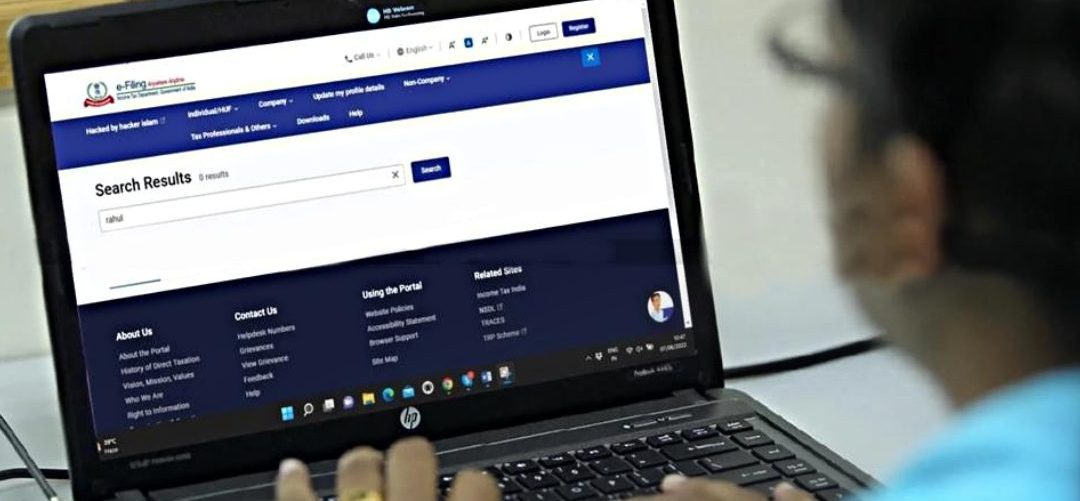The Chandigarh Bench of the Income Tax Appellate Tribunal (ITAT) held that the assessee could not be said to have failed to maintain a stock register and books of accounts because they were not uploaded to the Income Tax Portal, which does not allow bulk uploads and only allows manual submission of the required documents.
After issuing a show cause notice to the assessee as to why the books of account should not be rejected under Section 145(3) of the Income Tax Act and taking into account the assessee’s responses that were not considered acceptable, the books of accounts were rejected.
Taking into account the assessee’s history, the Assessing Officer (AO) applied the average Gross Profit rate of the last three years at 3.13% as opposed to the G.P. rate of 0.55% declared by the assessee, and an addition of 84 lakh rupees was made via assessment order.
The assessee contended that the AO’s rejection of the books of accounts was incorrect, as was the Commissioner of Income Tax (Appeals), National Faceless Assessment Centre’s confirmation of the rejection.
During the hearing, CA Parveen Jindal submitted on behalf of the assessee that the sole reason for the AO’s rejection of books of accounts under Section 145(3) of the Income Tax Act and estimating the profit was that the assessee was not maintaining day-to-day stock registers with quantitative details.
It was also argued that the AO incorrectly held in the assessment order that bills and vouchers were not produced by the assessee, and thus the AO incorrectly concluded that the assessee is not maintaining complete and proper books of account in addition to bills and vouchers, and thus rejected the books of account by invoking Section 145(3) of the Income Tax Act.
It was also argued that the AO incorrectly stated in the assessment order that bills and vouchers were not produced by the assessee, and thus the AO incorrectly concluded that the assessee is not maintaining complete and proper books of account in addition to bills and vouchers, and thus rejected the books of account by invoking Section 145(3) of the Income Tax Act.
The Department’s counsel, Akashdeep, Joint Commissioner of Income Tax, argued that the AO was correct in law in determining the Gross Profit rate based on numerous High Court and Tribunal judgments.
The tribunal, which included Vice President Aakash Deep Jain and Accountant Member Vikram Singh Yadav, observed that “where the assessment has been conducted through a virtual electronic platform, it may not be feasible to submit and upload the voluminous books of account, sale/purchase register, cash book, and another ledger account along with bills and vouchers, TDS return, etc., as so desired by the AO.”
It was also highlighted that the Revenue had not refuted the aforementioned argument.
The Tribunal observed that the AO has the right to examine the books of accounts that the assessee’s representative stated at the Bar that if so allowed, the assessee shall produce the books of accounts before the AO for necessary verification and set aside the matter to the AO for a fresh examination of documents that the assessee may physically submit.

